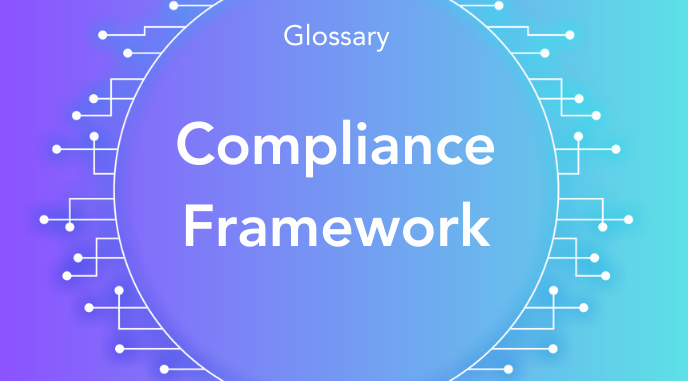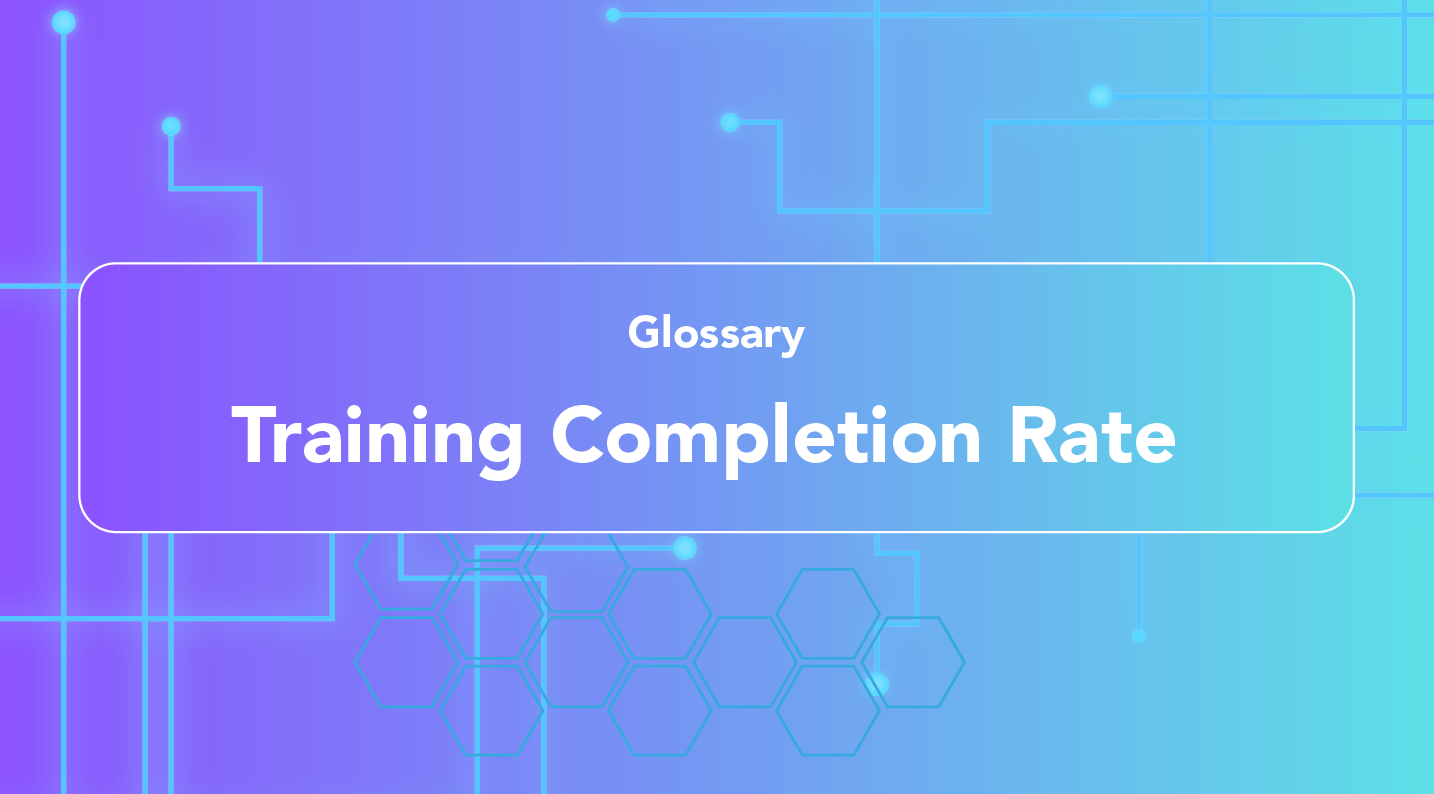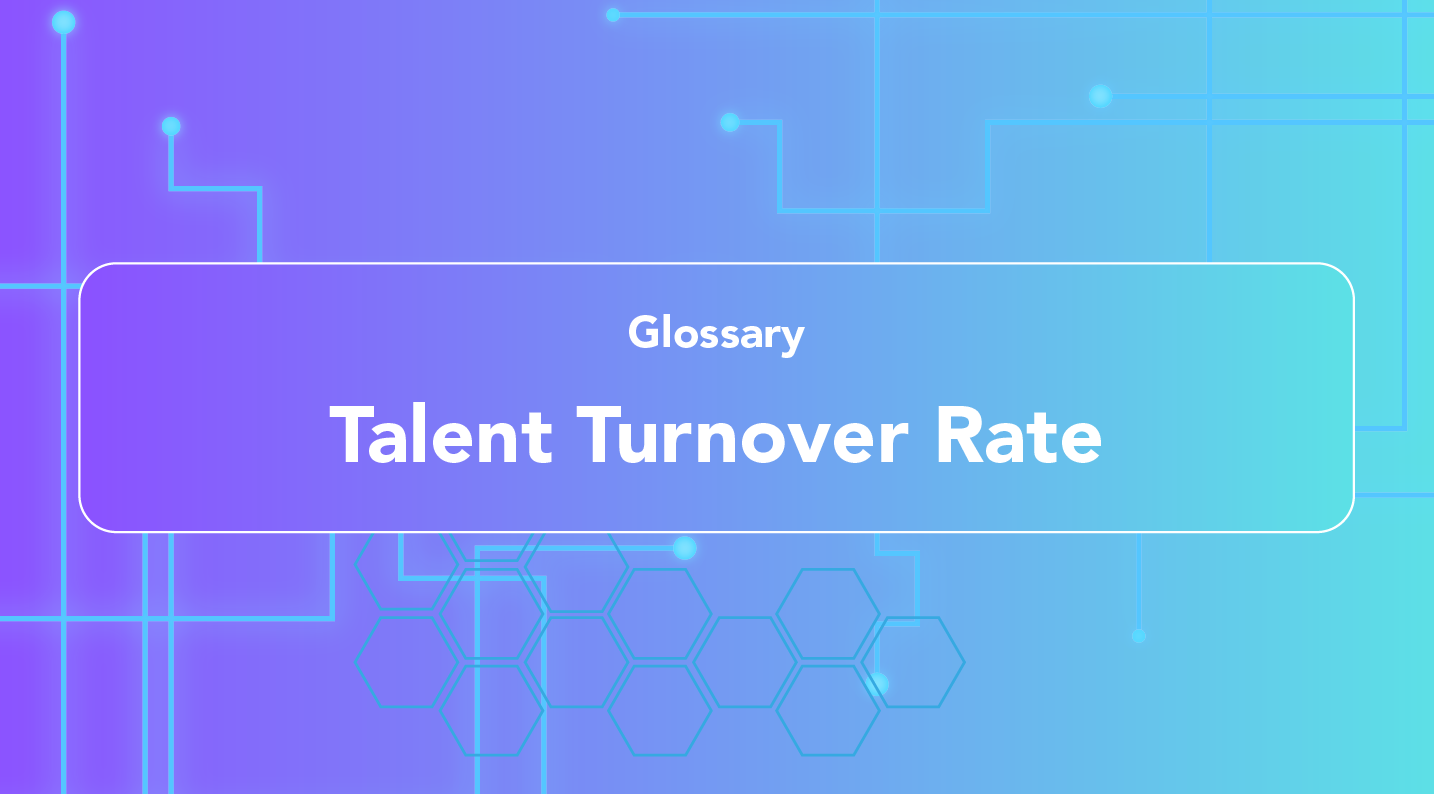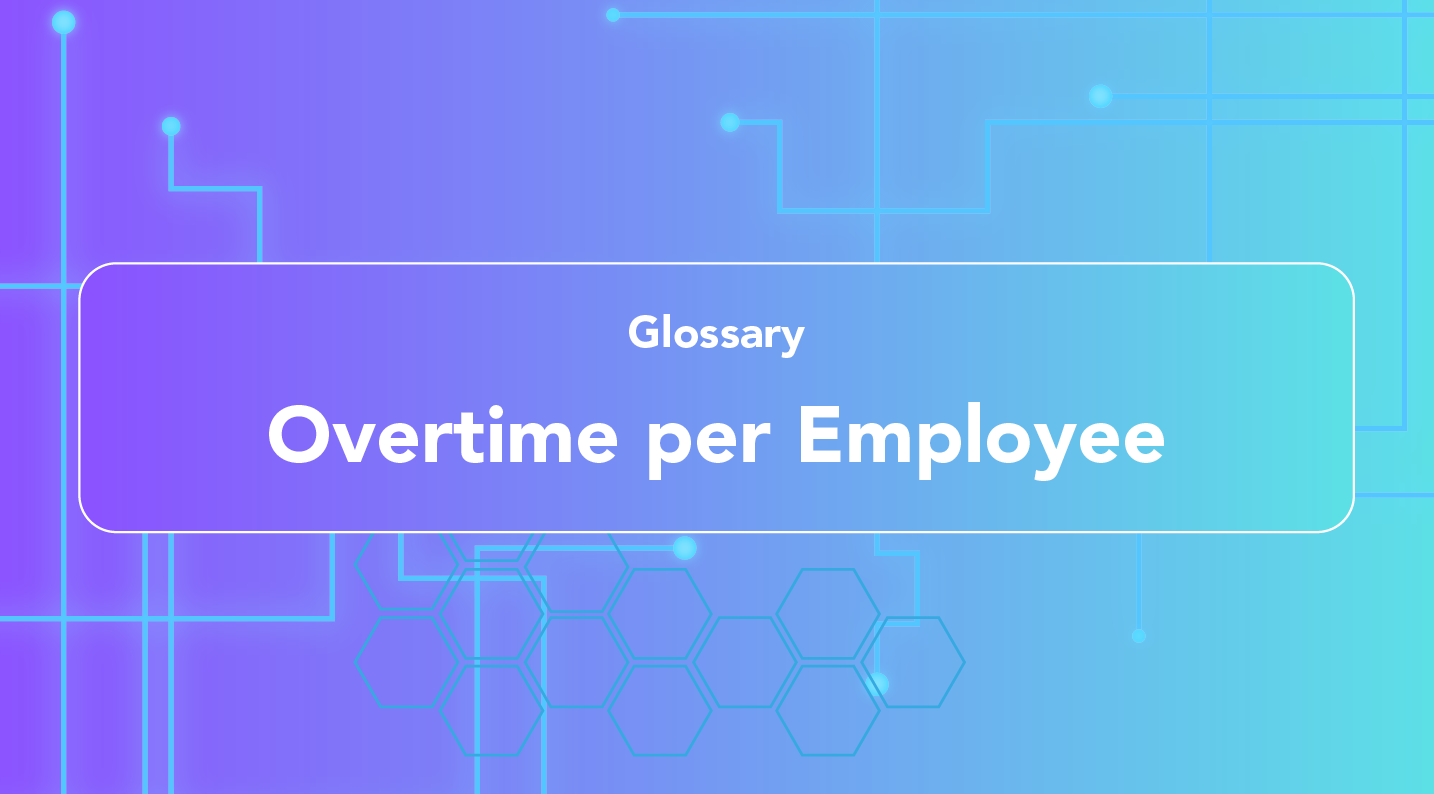- glossary
A compliance framework is a structured set of guidelines and procedures that organizations follow to ensure they adhere to legal, regulatory, and internal policies. It outlines the processes, controls, and documentation needed to comply with applicable laws and standards, helping organizations mitigate risks and avoid legal penalties.
5 Components of Compliance Framework
- Policies and Procedures: Clearly defined rules and processes that guide employee behavior and organizational operations in compliance with laws and regulations.
- Risk Assessment: Identifying and evaluating potential compliance risks and implementing measures to mitigate them.
- Training and Education: Providing regular training sessions to employees to ensure they understand compliance requirements and their roles in upholding them.
- Monitoring and Auditing: Regularly reviewing and auditing organizational practices to ensure ongoing compliance and identify areas for improvement.
- Reporting and Documentation: Maintaining detailed records of compliance activities and incidents to demonstrate adherence and facilitate audits.
What are the Benefits of Compliance Framework?
- Helps organizations avoid fines, penalties, and legal actions by ensuring adherence to relevant laws and regulations.
- Enhances the organization's reputation by demonstrating a commitment to ethical practices and regulatory compliance.
- Streamlines processes and reduces the risk of non-compliance, leading to more efficient operations.
- Identifies and addresses potential compliance risks before they become significant issues.
- Ensures that employees are knowledgeable about compliance requirements and their responsibilities, fostering a culture of integrity.

.png?width=50&height=50&name=Team%20HONO%20logo-01%20(1).png)



